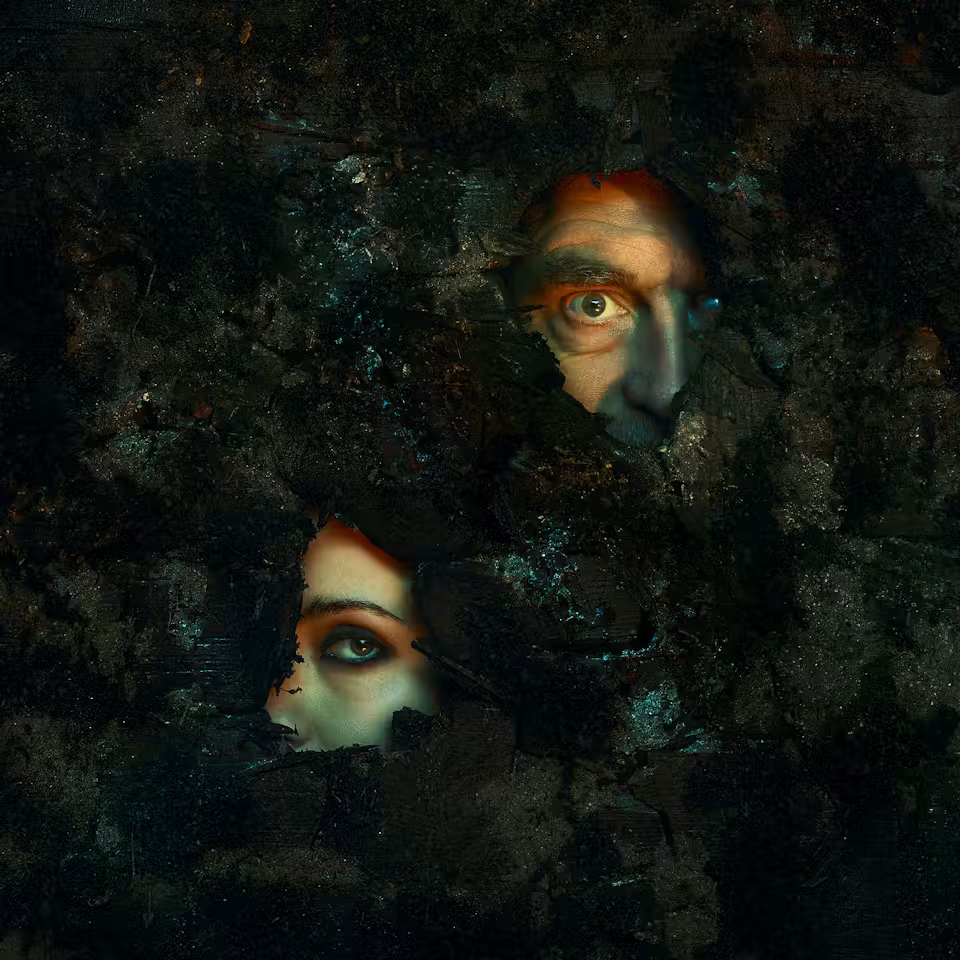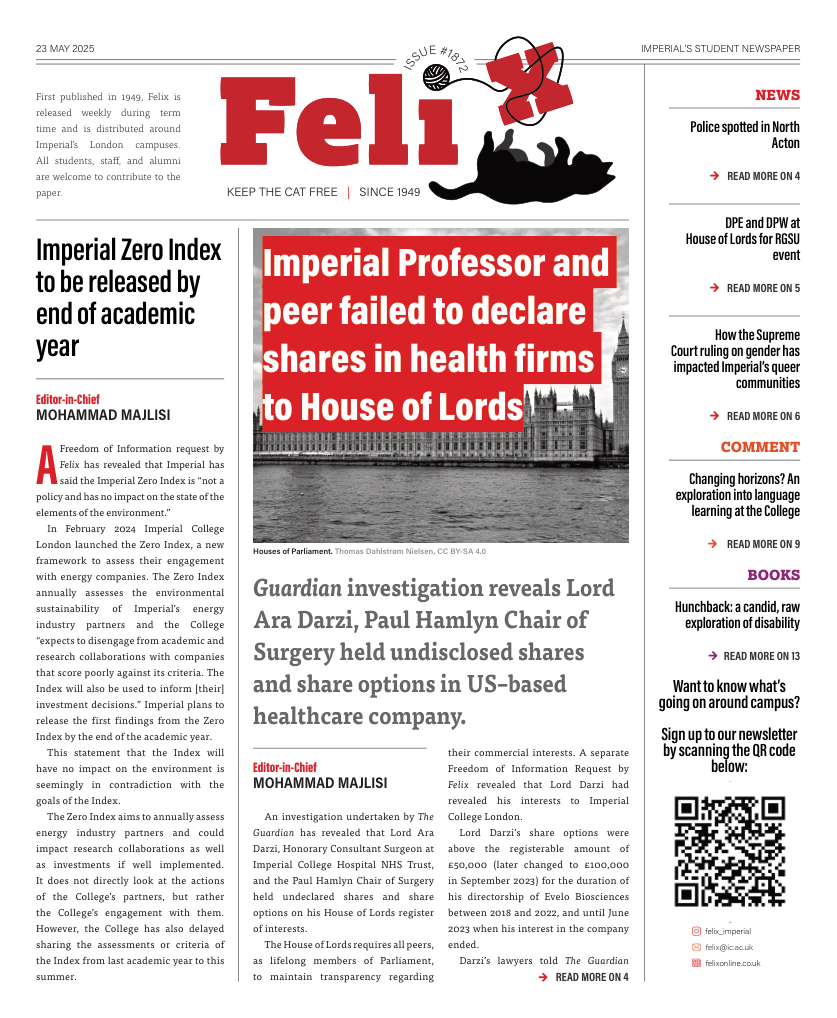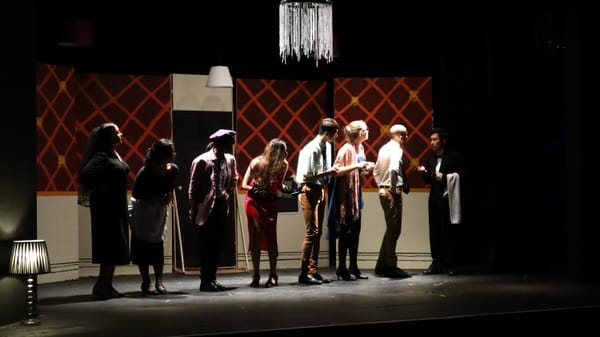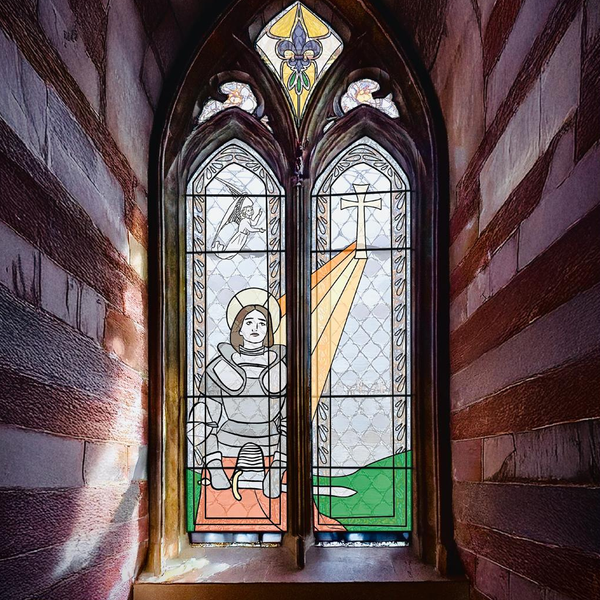Marathon of the Valkyries
A review of ROH’s latest offering in Wagnerian Epics.
When one thinks of “opera”, the first image that comes to mind is the gushing tones of the italian masters like Puccini and Verdi. However, many of the famous opera tropes that we’ve come to associate with the medium (such as any opera not being over till the fat lady sings) has come from the works of Wagner. If you will take time to separate art from artist, you may have to concede that Wagner is one of the greatest composers to have lived. Not only are his operas titanic in size and structure, but his instrumentation and tonality has been a staple in inspiring Hollywood film scores.
Die Walküre is a marathon of an opera, and ROH made it more so; clocking in at 5 hours and 40 minutes of total run time (including intervals) this performance was not for the faint of heart. I am reminded of ENO’s Rheingold production which, while lacking in profound staging, had managed to condense the opera to a manageable 2 hours and 50 minutes by simply removing the intervals. In retrospect, I feel ROH could’ve applied a similar tactic to this opera – without intervals one can maintain the momentum of the work more easily, preventing burn out towards the third act (something I was beginning to feel myself).
To kick off the performance was the announcement that the lead tenor Stanislas de Barbeyrac had fallen ill due to allergies, but his Spartan courage had pulled through as he desired to continue despite this, and it must be said the audience were thankful he did, for even in the incredibly demanding 1st act, he shone on stage and his full bodied voice carried across sublimely. Elisabeth Strid, playing Brünnhilde, provided a manic interpretation for the stalwart psychopomp, but unlike her co-singers, her voice lacked a certain power that would’ve allowed her to be heard over the orchestra. Natalya Romaniw and Christopher Maltman were two eye-catching stars that night playing Sieglinde and Wotan respectively. They provided a tour de force in Wagnarian singing – all the more potent when considering this was Maltman’s first Wagner debut, but his sheer character persona and awesome voice made it almost seem like he had been touring with Wagner for years.

Once again a huge hand was given to Anthony Pappano for his mastery on the baton; conducting an orchestra of immense size is an enormous feat of strength and stamina, and the orchestra were, as always, on top form throughout. Staging, while simple, provided a truly stark dynamic to the opera, and Rufus Didwiszus is to be commended for his mastery of space and colour. Director Barrie Kosky should be proud of the immense performance he has built, and while this opera ran for a short run of 2 weeks, it has been a joy to see such hard work pay off. I eagerly look forward to the anticipated run of Siegfried that will continue the saga.










